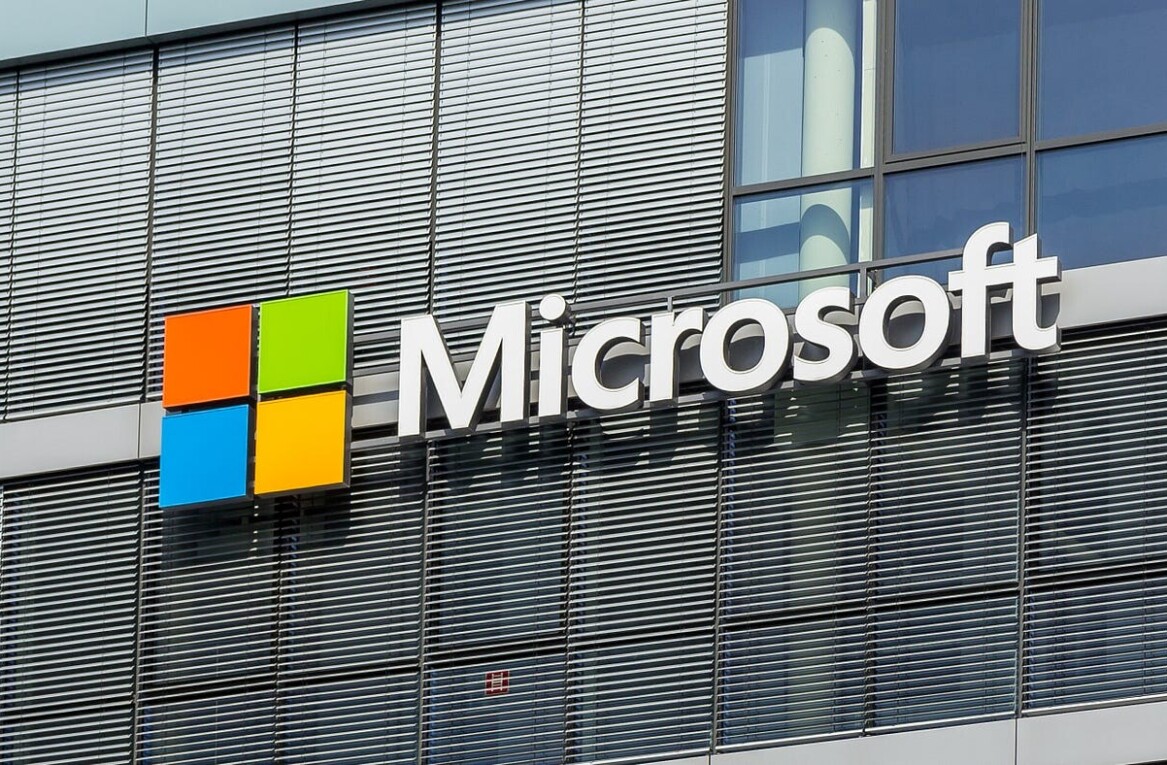
The Independent and Telegraph as well as the CNBC website have been hacked by the Syrian Electronic Army (SEA). Twitter users have suggested other sites including PC World, Forbes, OK Magazine, the NHL, Elsevier and Dell’s UK site have also been affected.
Pop ups reading “You’ve been hacked by the Syrian Electronic Army (SEA)” appeared on both sites at around midday GMT. The pro-Assad group has previously been involved in attacks on Facebook, high-profile Twitter accounts and deploying malware.
The Independent tweeted acknowledging the attack but noted that not all its visitors have been affected:
We are aware of the issue with our site & hope it will pass soon. It's not affecting all users http://t.co/MnZ9Tn4baO pic.twitter.com/reMRVWqclJ
— The Independent (@Independent) November 27, 2014
The Telegraph tweeted acknowledging the attack and blaming it on an unnamed third-party service:
A part of our website run by a third-party was compromised earlier today. We've removed the component. No Telegraph user data was affected.
— The Telegraph (@Telegraph) November 27, 2014
The spread of the sites affected suggests an attack on an ad network could be to blame.
Update: The Independent reports that the sites affected were using the Gigya comment platform. While Gigya itself was not hacked, the SEA hijacked its DNS entry and used it to point to messages and images hosted on other websites.
Don’t miss: Uber’s Android app is not ‘literally malware’, despite what you may have read
➤ The Independent [via Business Insider]
Get the TNW newsletter
Get the most important tech news in your inbox each week.




